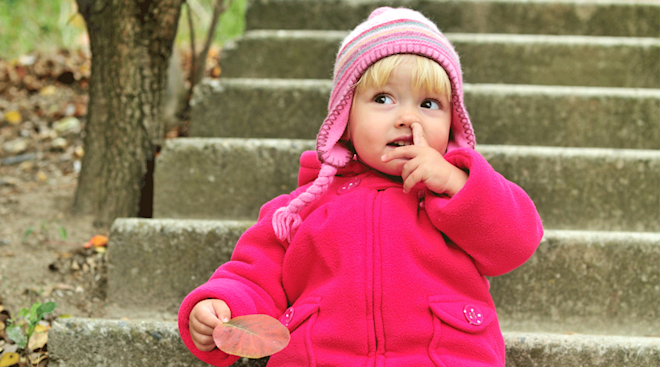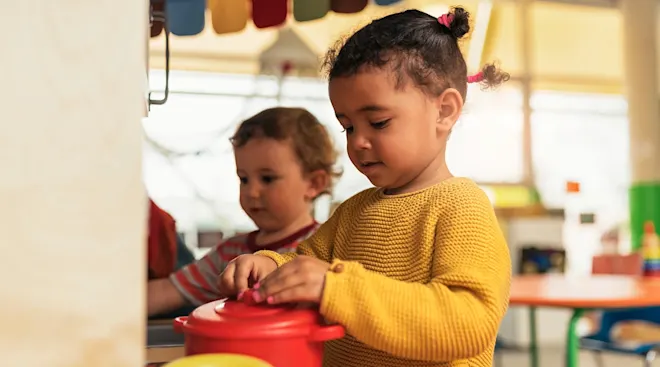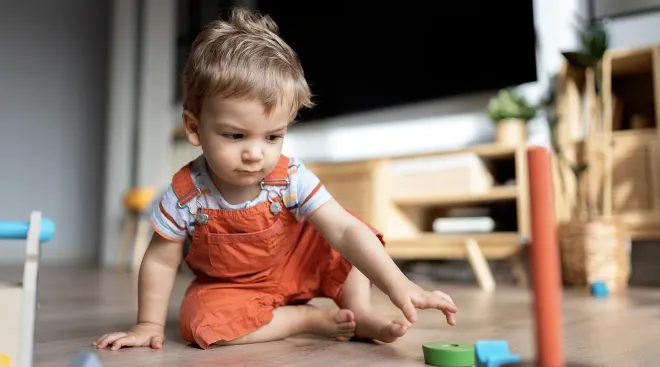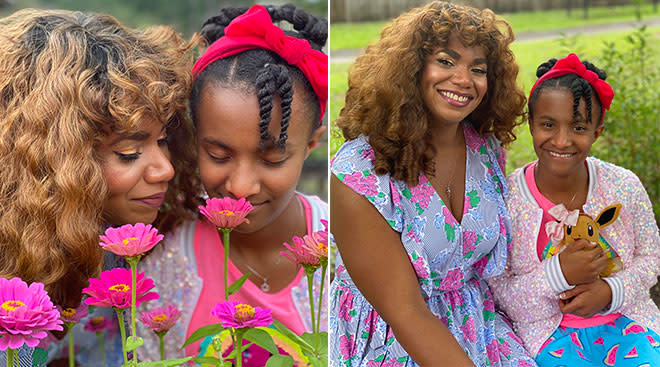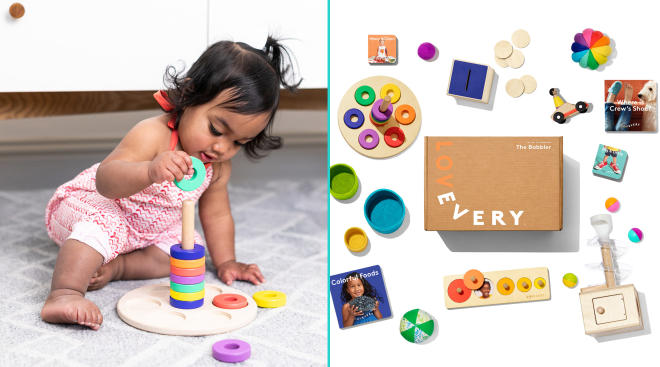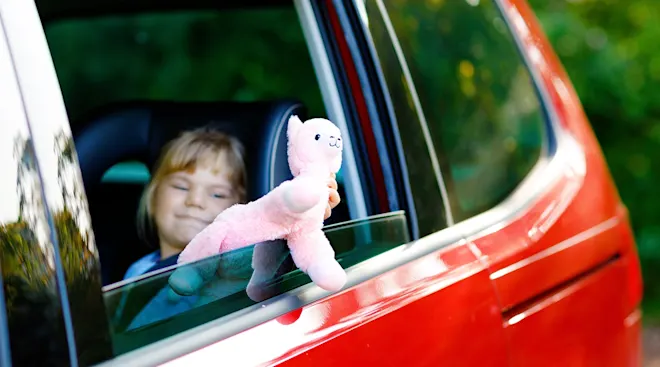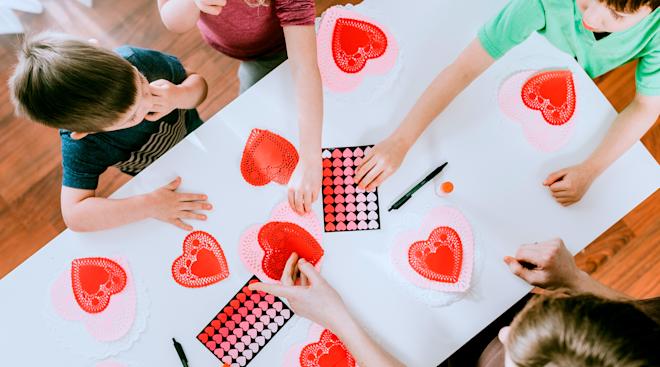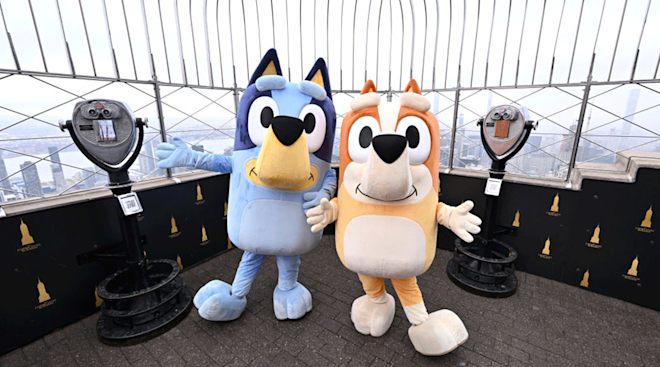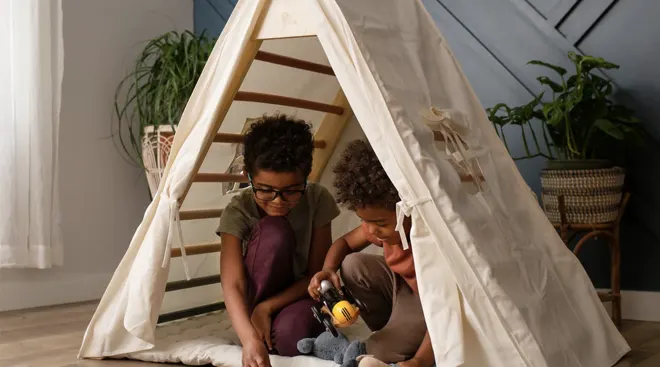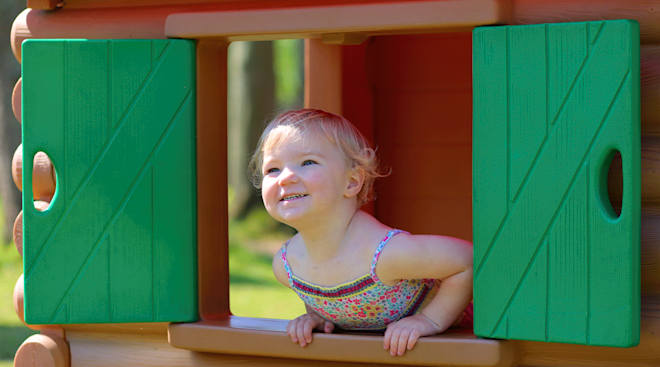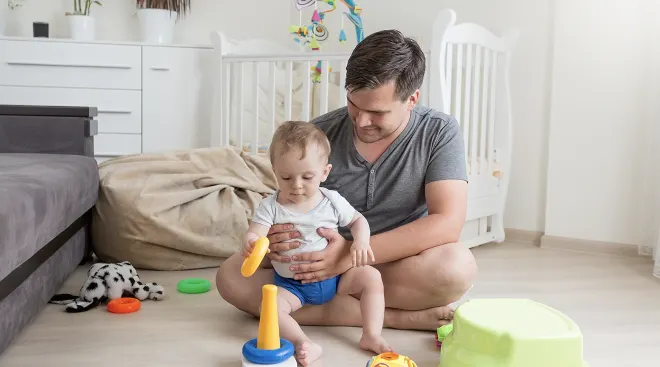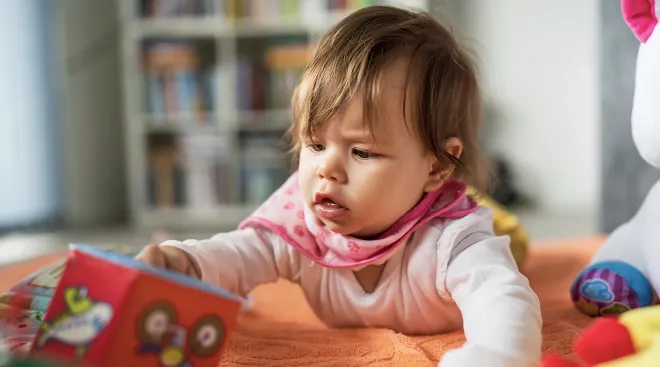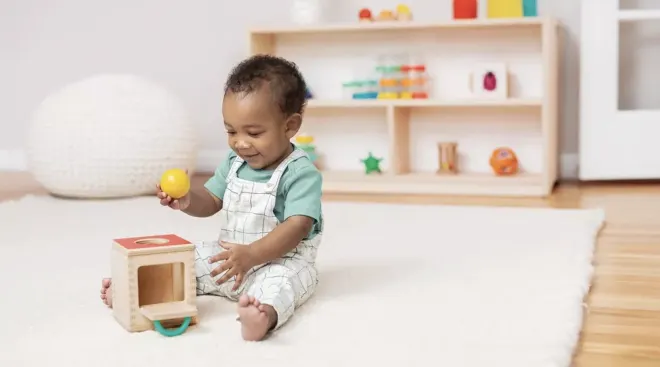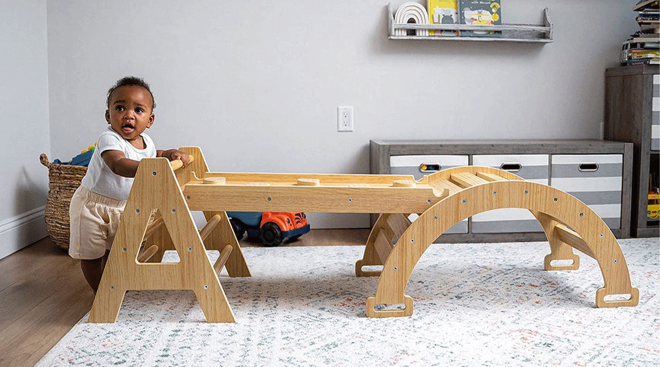How to Tell if Your Toddler Is Smart
Parents eagerly await their child’s milestones. From uttering their first words to learning to feed themselves, it’s exciting to see this little person blossom before your very eyes! Naturally, many parents also begin to wonder how their child’s development relates to future success—and how it compares to their peers. If your tot knows more words than their counterparts, are they on an advanced track? Does their ability to follow multi-step instructions mean they’ll have better academic outcomes? Every parent thinks their child is special and smart, of course, but just how smart are they, really?
The key to answering these questions is rooted in redefining how intelligence is measured. Below, we tapped two experts to help explain how you can gauge your child’s smartness, and how developmental milestones do—and don’t—factor in.
Hitting milestones is a crucial part of your little one’s development, and if they’re hitting them early, it’s natural to wonder whether your child is more mentally advanced than their peers. In the past, the answer was likely yes. Experts viewed early milestone achievement as an indicator of intelligence, says Whitney Casares, MD, a pediatrician and author of The New Baby Blueprint: Caring for You and Your Little One. This notion is supported by research: Three different studies published in 2016, 2017 and 2018 all associated early milestones—particularly in language and social development—with higher Intelligence Quotient (IQ) test scores later in life.
But while this type of advanced development can be a predictor of future IQ, it’s not all-encompassing of a child’s smartness. In fact, the way experts think about intelligence has changed: They now also factor in emotional intelligence. “We’re learning so much more about emotional and intellectual intelligence, and that’s definitely impacting how experts are answering the question ‘Is my toddler smart?’” Casares says. “There’s no one way to measure ‘smartness’ in young children.”
According to Cindy Hovington, PhD, founder of Curious Neuron, a science-backed parenting consultancy, intelligence has often been linked to academic achievement in areas like math, reading and writing, but in reality, this offers a limited view. “As parents, we might want to find ‘signs of advancement’ and feel that this relates to success,” she says, but “this isn’t a healthy way for parents to measure their child’s progress.” Instead, “smartness” should focus on creativity, mental flexibility, self-control and socio-emotional skills, as these are more likely to set someone up for success in their adult life.
Just as meeting milestones early doesn’t provide a full view of a child’s smartness, hitting them late doesn’t determine a child’s future cognitive abilities or outcomes, Hovington says. According to a 2009 study, global development delays—defined as “significant delays in two or more developmental domains”—weren’t necessarily associated with decreased cognitive function or lower IQ scores.
Plus, parents often inaccurately measure delays, focusing on set ages for milestones rather than ranges. “A developmental delay is something that is diagnosed by a professional,” Hovington says. “As parents, we often view a ‘developmental delay’ as not having met a very specific milestone on a marked date…However, there is a range.” After all, every child is unique and will progress at their own pace. One 2013 study that evaluated milestones in young kids came to the same conclusion: There was a significant age range in which the children met milestones. A true delay is a little past the range mentioned for the milestone.
The one developmental delay that could pose challenges down the line is in language. This is due to the way the brain is connected, Hovington says. In a 2010 study, language development was found to have strong association with recognition and long-term memory. Moreover, a 2016 study found it best predicted general intelligence.
For this reason, it’s always best to flag any developmental delays for your pediatrician, as early detection in babies and toddlers generally leads to better outcomes. “If a child has a developmental delay at 9- or 18-months-old, they will sometimes catch up with or without treatment,” says Casares. “Your child’s pediatrician can help you decide whether or not interventions like speech or physical therapy may be helpful.”
While early detection is helpful, Hovington stresses that any delay doesn’t necessarily predict outcomes, even in language. Young children are like sponges and absorb a lot. Creating a nurturing environment will help them with cognitive development across the board, she says.
Casares agrees: “Environmental factors like stress in a home, or the amount of engaged play parents participate in with their children, can all make a huge difference, especially when it comes to emotional intelligence. Genes matter and environment matters, too.”
Milestone achievement and academic success are not a definitive indicator of smartness. But there are plenty of other skills that you can help to foster in your child to ensure they’re developing to their full potential and have a strong foundation for success in life.
Encourage socio-emotional skills
Rather than focusing on an outdated concept of smartness, Casares recommends parents focus on continued learning and growth, help build social and emotional skills and foster resiliency. “There’s strong evidence that parents who fixate on enhancing children’s intelligence often raise kids focused on perfectionism. That can lead to a whole host of mental health concerns and, ultimately, to reduced success out in the real world,” Casares explains. “Remember, babies have unique strengths and weaknesses in all areas of development….[This] is just as important as their academic success.”
Offer time for independent play
One of the best things parents can do is give their child lots of time to play by themselves. “Children in today’s world live very structured lives and get a lot less free play than 30 years ago,” Hovington says. This type of play can help your tot build skills and independence, as well as encourage their sense of curiosity, creativity and imagination. When parents are involved, they can have a tendency to “take over and make decisions” when children need help or feel bored, Hovington says. Independent play allows kids to problem-solve on their own and teaches them to ask for help when they need it.
Discourage labeling
In the spirit of continued learning and growth, avoid labeling your child—even if you’re aiming to compliment them by telling them they’re smart. “Having a label can be a heavy burden on a child,” Hovington says. It leads children to believe they (and others) are only smart if they can do certain things, like draw a person or pass a math test. “This leads to lower motivation—it impacts their brain’s reward systems and influences their confidence and inner-talk,” she explains. Instead, focus on filling your child’s toolbox: Teach them to manage emotions, build their social and problem-solving skills and encourage their creativity and imagination. “All these factors lead to a successful life as an adult,” Hovington says.
Be a model
Socio-emotional skills for children under the age of 5 are highly influenced by factors like their genetics and environment—including how parents manage their own emotions and handle interactions with their kids. Hovington reminds parents to “nurture themselves” along with their children and pay attention to how they react in certain situations. Toddlers are keen observers and pick up more than you might think. Modeling strong social and emotional skills early on is key, as these have “long-lasting impacts on the child’s relationships both in school and as an adult,” Hovington says.
At the end of the day, there are many ways to answer the question, “Is my toddler smart?” While developmental milestones are important, don’t fixate on your toddler’s early successes or delays and let them steer your definition of how intelligent they are. Instead, remember that every child is different, and encourage them to continue learning and growing through every stage of life.
Please note: The Bump and the materials and information it contains are not intended to, and do not constitute, medical or other health advice or diagnosis and should not be used as such. You should always consult with a qualified physician or health professional about your specific circumstances.
Plus, more from The Bump:
Whitney Casares, MD, MPH, FAAP, is a pediatrician based in Portland, Oregon. She is also the author of The New Baby Blueprint: Caring for You and Your Little One(https://www.amazon.com/dp/B07V1ZXBR5?&linkCode=ll1&tag=tb-is-your-toddler-smart-20&linkId=5f6b45a33b11456933253fa6c99f50ac&language=en_US&ref=asli_ss_tl). Casares obtained her medical degree from the University of Vermont and completed her pediatrics residency at Stanford University. She also holds a Master of Public Health in maternal and child health from the University of California, Berkeley.
Cindy Hovington, PhD, is the founder of Curious Neuron, a science-backed parenting consultancy and podcast that aims to make the science around childhood development more accessible and digestible for parents. She obtained her Master’s degree from Queen’s University and Doctorate in neuroscience from McGill University, both located in Canada.
Pediatrics, Gross Motor Milestones and Subsequent Development, July 2016
Child Development, Associations of Early Developmental Milestones With Adult Intelligence, February 2017
British Journal of Developmental Pyschology, Language development and intelligence in midlife, November 2018
Developmental Medicine & Child Neurology, Global developmental delay and its relationship to cognitive skills, 2009
Centers for Disease Control and Prevention, CDC’s Developmental Milestones, June 2023
Swiss National Science Foundation, Child development: Early walker or late walker of little consequence, March 2013
Child Development, A Cognitive Approach to the Development of Early Language, January 2010
European Journal of Paediatric Neurology, Do developmental milestones at 4, 8, 12 and 24 months predict IQ at 5e6 years old? Results of the EDEN mother-child cohort, November 2016
Learn how we ensure the accuracy of our content through our editorial and medical review process.
Navigate forward to interact with the calendar and select a date. Press the question mark key to get the keyboard shortcuts for changing dates.


































